
The Florida Legislature is the legislature of the U.S. State of Florida. It is organized as a bicameral body composed of an upper chamber, the Senate, and a lower chamber, the House of Representatives. Article III, Section 1 of the Florida Constitution, adopted in 1968, defines the role of the legislature and how it is to be constituted. The legislature is composed of 160 state legislators. The primary purpose of the legislature is to enact new laws and amend or repeal existing laws. It meets in the Florida State Capitol building in Tallahassee.

The Idaho Legislature consists of the upper Idaho Senate and the lower Idaho House of Representatives. Idaho is divided into 35 legislative districts, which each elect one senator and two representatives. There are no term limits for either chamber.

Antoinette Jennings is an American politician who was the 16th lieutenant governor of Florida. She was nominated to the office by Governor Jeb Bush in February 2003 to replace Frank Brogan, who resigned to become president of Florida Atlantic University. She was sworn in on March 3, 2003, becoming the first woman to hold the office. She declined to run for governor in 2006 even though she was reputed to be Bush's preferred choice as his successor.

The government of Florida is established and operated according to the Constitution of Florida and is composed of three branches of government: the executive branch consisting of the governor of Florida and the other elected and appointed constitutional officers; the legislative branch, the Florida Legislature, consisting of the Senate and House; and the judicial branch consisting of the Supreme Court of Florida and lower courts. The state also allows direct participation of the electorate by initiative, referendum, and ratification.

The Florida State Capitol in Tallahassee, Florida, is an architecturally and historically significant building listed on the National Register of Historic Places. The Capitol is at the intersection of Apalachee Parkway and South Monroe Street in downtown Tallahassee, Florida.

Jari Askins is an American judge, lawyer and Democratic politician from the US state of Oklahoma. She was the 15th lieutenant governor of Oklahoma, being the second woman and the first female Democratic Party member to hold that position.

Springtime Tallahassee is an annual event held on either the last Saturday in March or the first Saturday in April in Tallahassee, Florida, United States celebrating Tallahassee's history and culture.

Florida AFL–CIO is a statewide federation of labor unions in the state of Florida affiliated with the AFL–CIO. The federation's membership consists of about 450 local unions from 41 international unions. The headquarters of the organization are located in Tallahassee, Florida.
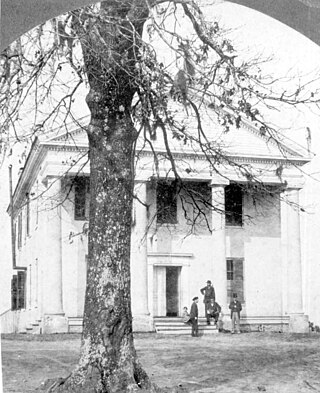
The history of Florida State University dates to the 19th century and is deeply intertwined with the history of education in the state of Florida and in the city of Tallahassee. Florida State University, known colloquially as Florida State and FSU, is one of the oldest and largest of the institutions in the State University System of Florida. It traces its origins to the West Florida Seminary, one of two state-funded seminaries the Florida Legislature voted to establish in 1851.
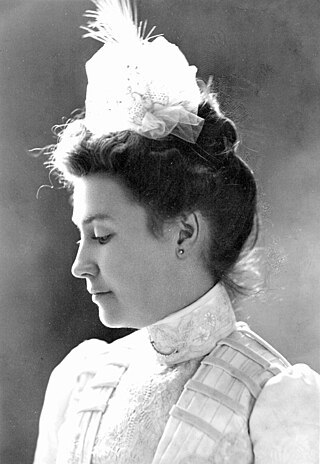
May Mann Jennings was an American activist who was the first lady of Florida from 1901 to 1905. As one of Florida's most powerful and influential women, she was a leader of organizations, both civic and philanthropic, and founder of the League of Women Voters of Florida. Her father, Austin Mann, was a state senator and May Mann worked as his assistant when he ran for and was elected state representative. She became the first lady of Florida as wife of Governor William Sherman Jennings and is credited with having advanced his political career significantly through relationships gained while working for her father and through her many activities.

The Florida Department of Law Enforcement (FDLE) is a state-wide investigative law enforcement agency within the state of Florida. The department formally coordinates eight boards, councils, and commissions. FDLE's duties, responsibilities, and procedures are mandated through Chapter 943, Florida Statutes, and Chapter 11, Florida Administrative Code. FDLE is headed by a commissioner who reports to the Florida Cabinet, which is composed of the governor, the attorney general, the chief financial officer, and the commissioner of agriculture. The commissioner is appointed to his position by the governor and cabinet and confirmed by the Florida Senate.
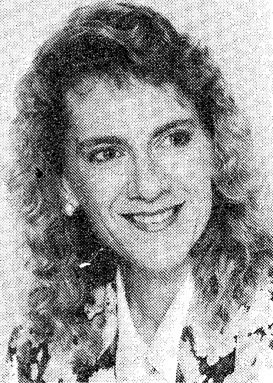
Laura Boyd is an American politician from Oklahoma. A member of the Democratic Party, Boyd was elected in 1992 to the Oklahoma House of Representatives to represent District 44, which included Cleveland County. She served in the State House for six years until 1998 when she became the first woman to receive a major party nomination for Governor of Oklahoma. Incumbent Republican Governor Frank Keating defeated Boyd in a landslide. Eisenhower Fellowships selected Laura Boyd as a USA Eisenhower Fellow in 1999.

The Florida Women's Hall of Fame is an honor roll of women who have contributed to life for citizens of the US state of Florida. An awards ceremony for the hall of fame was first held in 1982 and recipient names are displayed in the Florida State Capitol. The program was created by an act of the Florida Legislature and is overseen by the Florida Commission on the Status of Women (FCSW), a nonpartisan board created in 1991 to study and "make recommendations to the Governor, Cabinet and Legislature on issues affecting women". The FCSW also manages the Florida Achievement Award for those who have improved the lives of women and girls in Florida, an award is focused on outstanding volunteerism. FCSW members serve by appointment and the commission is housed at the Office of the Attorney General of Florida.
Angela Z. Monson is an American politician from Oklahoma who served in the Oklahoma State House of Representatives, representing District 99 from 1990–1993, as well as the Oklahoma Senate, representing District 48 from 1993–2005. In 2003, she became the first African American woman assistant majority floor leader in the Oklahoma legislature. Monson defeated incumbent Kirk Humphreys, a former Oklahoma City mayor, for the school board chairman's position in 2009, serving until 2013.

Carlos Guillermo Smith is an American community activist, lobbyist, and politician. A Democrat, he served as a member of the Florida House of Representatives from District 49, which covered the University of Central Florida area.
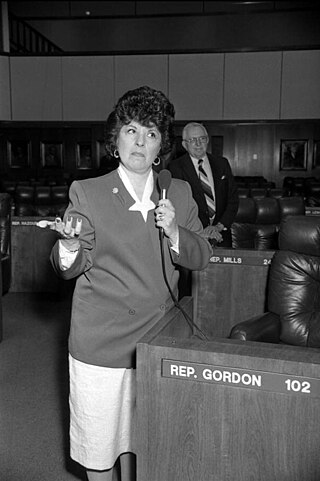
Elaine Gordon was an American politician. She served in the Florida House of Representatives from 1972 to 1994 as a Democrat.

Anna Vishkaee Eskamani is an American politician who is the member of the Florida House of Representatives from the 47th district in Orange County. She is the first Iranian American in the Florida legislature. Eskamani is a Democrat supporting abortion rights, increased gun control, increasing expenditures on public education, and increasing environmental regulations such as a banning plastic bags. She has worked for Planned Parenthood.
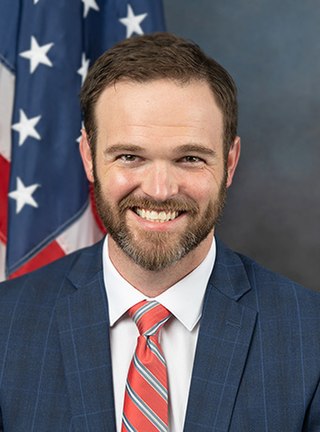
Robert Alexander Andrade is a Republican member of the Florida Legislature representing the state's 2nd House district, which includes parts of Escambia and Santa Rosa counties.

Pauline Menes (1924-2009) served in the Maryland House of Delegates for 40 years. In the 1970s she co-founded the Maryland Women's Legislative Caucus, the first caucus of its kind in the United States; founded the Women's Network of the National Conference of State Legislatures; and was the first woman to serve on the state Judiciary Committee. Over the years she helped pass more than 2,000 bills and policy changes. She was inducted into the Maryland Women's Hall of Fame in 2008.
Nikki Beare was an American feminist, journalist, and lobbyist who served as president of Florida's National Organization for Women (NOW) chapter.
















